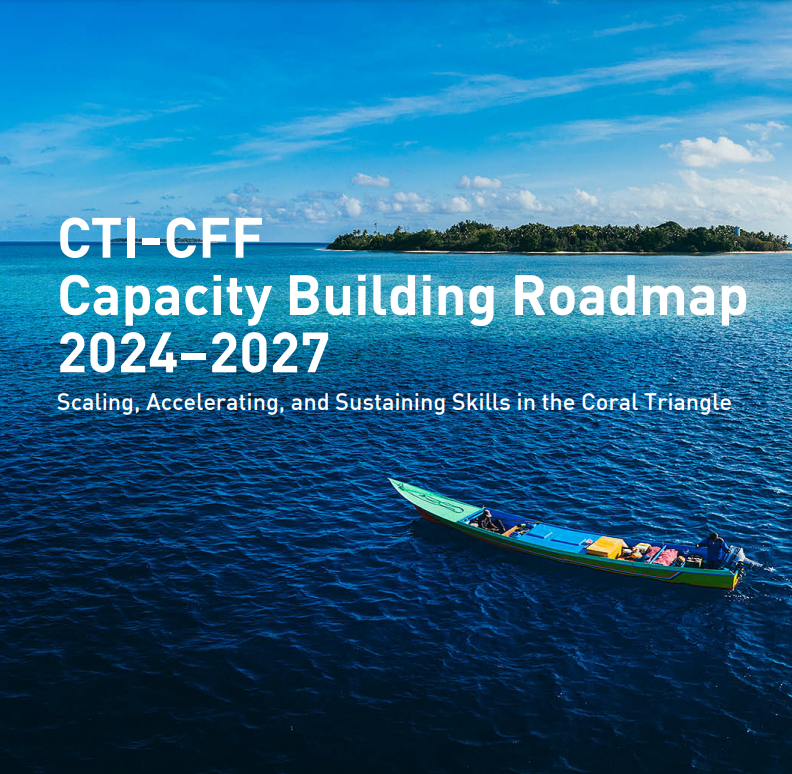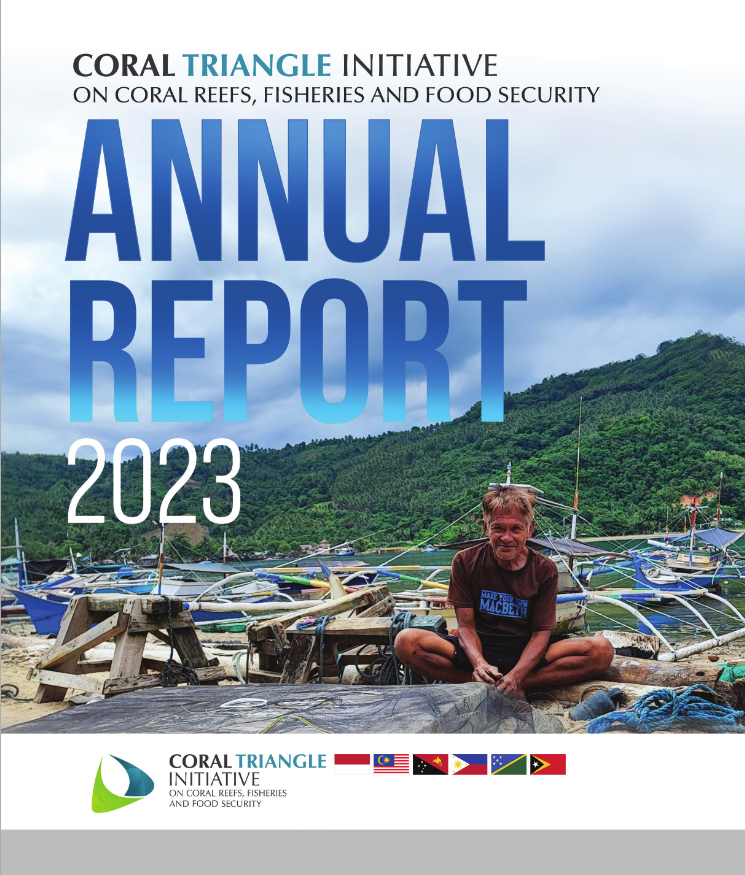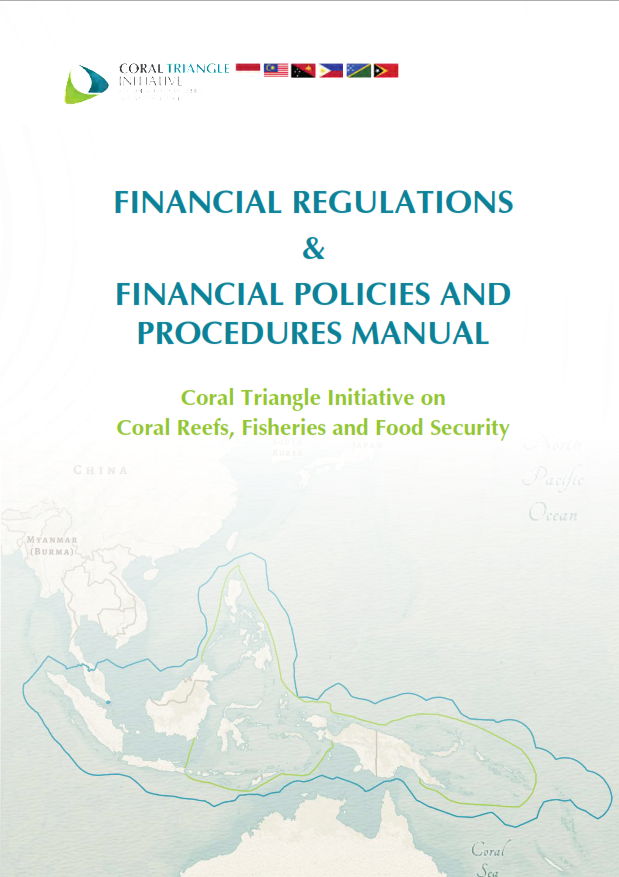CTI –CFF Achievements Highlighted at Rio+20 Summit
Coral Triangle Initiative on Coral Reefs, Fisheries and Food Security (CTI) member countries – Indonesia, Malaysia, Philippines, Solomon Islands and Timor-Leste - and their partner organizations highlighted their achievements at a high-level side event at the United Nations Conference on Sustainable Development Rio+20 Summit in Brazil on June 21, 2012.
The event, which was attended by more than 150 people, drew attention to the CTI’s successful implementation of national and regional action plans as a model of transformational change. The event also promoted the CTI’s role as a platform for sustainable development through approaches like the blue economy which links marine and coastal resource management with sustainable livelihoods and incomes.
The Government of Indonesia hosted the event with high level participation including Solomon Islands  Prime Minister Gordon Darcy Lilo also as well as the Australian Government, Asian Development Bank, Global Environment Facility, Conservation International, The Nature Conservancy, and WWF.
Prime Minister Gordon Darcy Lilo also as well as the Australian Government, Asian Development Bank, Global Environment Facility, Conservation International, The Nature Conservancy, and WWF.
Prime Minister Lilo said that with increasing economic and social challenges – high population, food costs and effects of climate change, marine resources are harvested and exploited to meet the ever increasing needs and wants. These challenges warrant a call for CT6 governments to make the right decisions for sustainable use of these resources. This also calls for the collective effort of all stakeholders.
His Excellency Sharif C. Sutardjo, Minister for Marine Affairs and Fisheries, Indonesia said that joint collaboration through the CTI-CFF is the only way to ensure that we consistently think and act bigger - beyond our national borders - to our connected global heritage. He said the President of the Republic of Indonesia, Susilo Bambang Yudhoyono, had earlier highlighted that sustainable development in oceans requires the implementation of “a green economy in a blue world”. With this concept ocean development will also protect the marine environment and covers the sustainable management of marine resources, especially fisheries.
 “WWF shares the vision for the Coral Triangle Initiative to be an implementing framework for developing blue economies that can derive economic and social benefits from oceans in an efficient, equitable and sustainable way,” said Yolanda Kakabadse, WWF International President who also served as the moderator the event’s panel discussion.
“WWF shares the vision for the Coral Triangle Initiative to be an implementing framework for developing blue economies that can derive economic and social benefits from oceans in an efficient, equitable and sustainable way,” said Yolanda Kakabadse, WWF International President who also served as the moderator the event’s panel discussion.
Dr Bindu Lohani, Vice President for Knowledge Management and Sustainable Development at the Asian Development Bank, reaffirmed his organization’s commitment to support the Coral Triangle countries in ensuring sound investment decision-making and considering the economic values of the rich coral triangle ecosystems.
USAID’s Global Climate Change Coordinator Dr. Kitt Batten participated in a panel discussion and highlighted the US Government’s role in supporting public-private partnerships that link marine resource management programs with livelihood opportunities. 
Jonas Rupp, Director for Marine Policy, High Seas Issues at Conservation International also noted that his organization is working with the Coral Triangle countries in achieving a ‘blue economy’ through the ‘seascape’ approach which factors in social and political support, capacity, enabling legal framework, ecosystem-based management, private sector engagement, sustainable financing and market mechanisms, and human well-being.
Lynn Hale, Director of Global Marine Initiative at The Nature Conservancy (TNC) noted that the leaders and people of the Coral Triangle are “ahead of the curve” and leading the way in turning words into action that is both addressing food security and sustainable development. She added that TNC is committed to continuing to work with the CT6 countries and development partners to achieve the ambitious goals of the CTI-CFF.
Photo Captions:
Upper Right: Hon. Gordon Darcy Lilo speaking at the CTI-CFF Side Event at Rio+20 Middle Right: Minister Sutardjo and government officials speak with CTI-CFF development partners Lower Right: CTI-CFF development partners from CI, WWF and TNC
Photo Credit: V. Burgener/WWF



